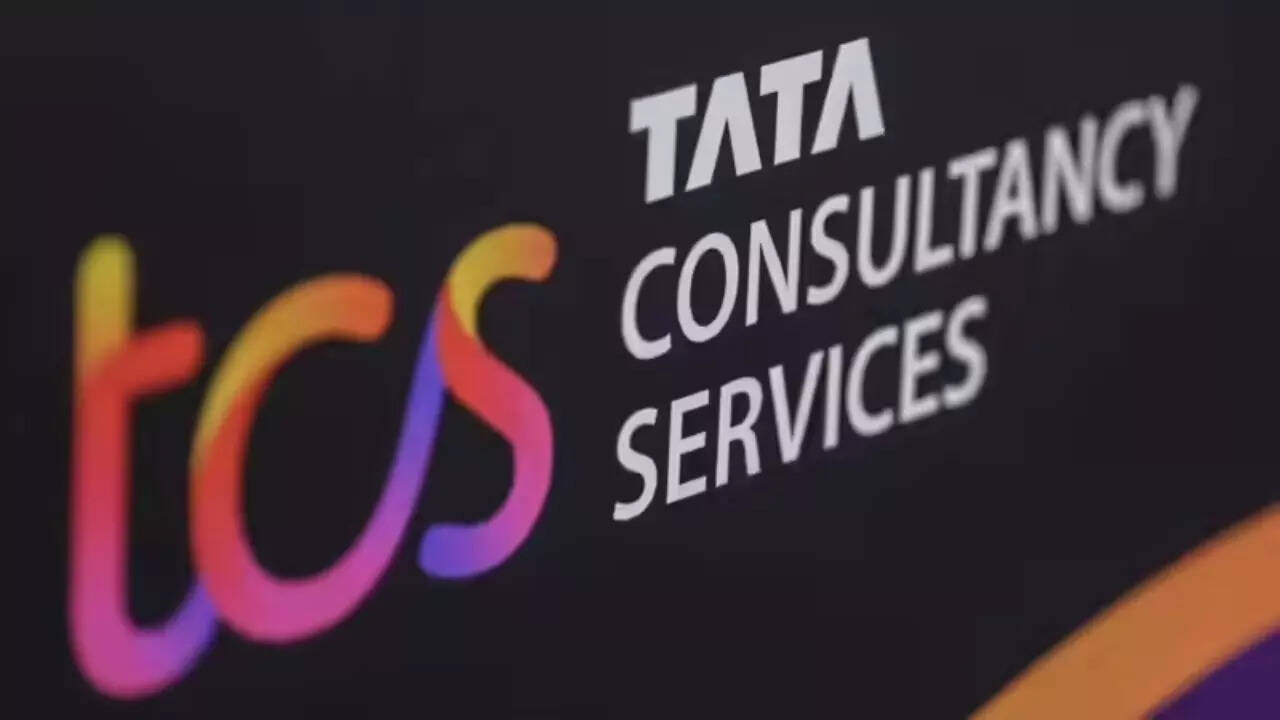TCS has initiated a significant workforce realignment, impacting around 12,000 employees, primarily mid- and senior-level executives. This move aligns with increased investments in AI, data, and cybersecurity, leading to the phasing out of certain roles.
When Saying Goodbye Pays: TCS Sets New Severance Standard
Layoffs. The word itself sends shivers down the spines of even the most confident professionals. The uncertainty, the sudden disruption, the scramble to find a new footing – it’s a period no one wants to experience. But what if getting laid off came with a softer landing? What if companies took a more humane approach to parting ways?
Tata Consultancy Services (TCS), one of India’s largest IT firms, seems to be signaling a shift in that direction. They’ve quietly rolled out a new policy that guarantees a minimum severance package equivalent to six months’ salary for employees affected by restructuring or role redundancy. In a sector known for its competitive edge, this move sparks a much-needed conversation about employee well-being and corporate responsibility.
Why This Matters: More Than Just a Paycheck
The implications of this revised severance package extend far beyond the immediate financial cushion it provides. It speaks volumes about how TCS values its employees, even as their roles evolve or become obsolete. Let’s face it, the tech landscape is in constant flux. New technologies emerge, client needs shift, and companies must adapt to stay relevant. This often leads to internal restructuring and, unfortunately, sometimes, workforce reductions.
Previously, severance packages were often calculated based on tenure, following legal minimums. This could leave long-serving employees, particularly those at lower salary bands, with a surprisingly small safety net. Six months’ pay provides significant breathing room. It allows individuals to focus on their job search without the immediate pressure of financial insecurity. It gives them time to upskill, network, and make informed decisions about their next career move. Ultimately, it allows them to land on their feet with more dignity.
TCS Severance Policy: A New Benchmark?

While other companies may offer similar packages, TCS’s size and influence within the Indian IT sector makes this a potentially game-changing announcement. It sets a new benchmark and subtly pressures other organizations to re-evaluate their own policies. Will it trigger a wave of improved severance packages across the industry? Only time will tell. But it undoubtedly raises the bar for employee treatment during transitions.
This decision also has positive ramifications for the company’s brand image. In today’s world, where talent is highly sought after and employee reviews spread like wildfire on platforms like Glassdoor and LinkedIn, a reputation for fair treatment is invaluable. Prospective employees are increasingly drawn to companies that prioritize employee well-being and demonstrate a commitment to social responsibility. A generous severance package signals that TCS values its people, even when they’re leaving.
The Broader Context: Shifting Perspectives on Job Security
The conversation around job security is evolving. Gone are the days of guaranteed lifetime employment. Today, adaptability and continuous learning are paramount. But even in this dynamic environment, employers have a responsibility to provide a safety net for those impacted by factors beyond their control.
Severance packages are not just about charity; they’re about fairness and ethical business practices. They acknowledge the contributions employees have made and provide them with the resources to navigate a challenging transition. They’re an investment in the employee’s future and a reflection of the company’s values. This move by TCS suggests a growing recognition of this responsibility within the Indian IT sector. Companies like TCS can further support their exiting employees with career counseling and assistance finding new roles – perhaps partnering with firms like [link to related content about outplacement services].
What Does This Mean for the Future of Work?
TCS’s decision is a significant step toward a more humane and equitable approach to workforce transitions. It reinforces the importance of employee well-being and sets a new standard for corporate responsibility. While the future of work remains uncertain, one thing is clear: companies that prioritize their employees, even in times of change, will be the ones that attract and retain the best talent. This TCS severance policy could very well be a blueprint for a more sustainable and compassionate future in the tech industry.
This shift in severance policy at TCS could signal a growing trend within the Indian IT sector, urging other companies to prioritize fair treatment and social responsibility, ultimately leading to a more positive and supportive ecosystem for employees navigating career transitions.







